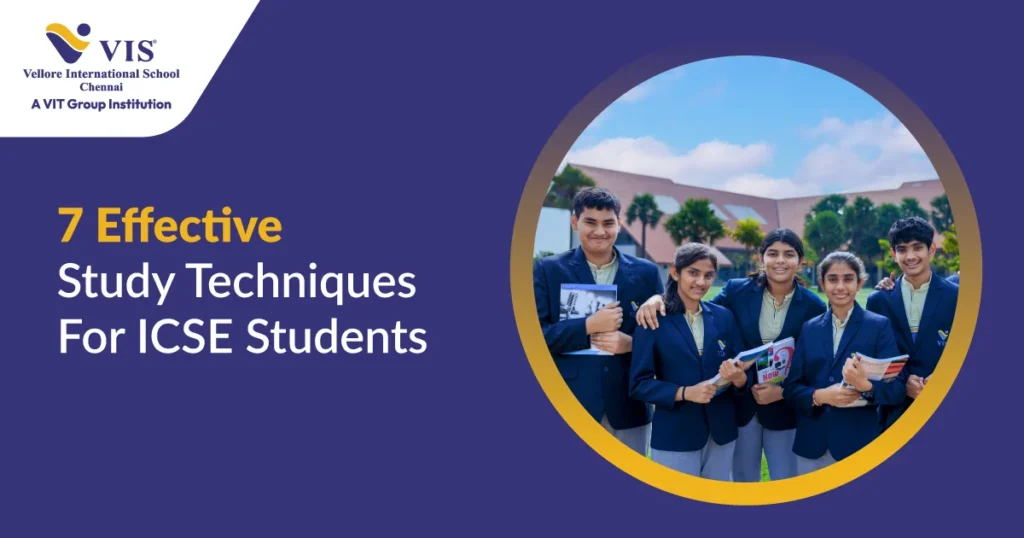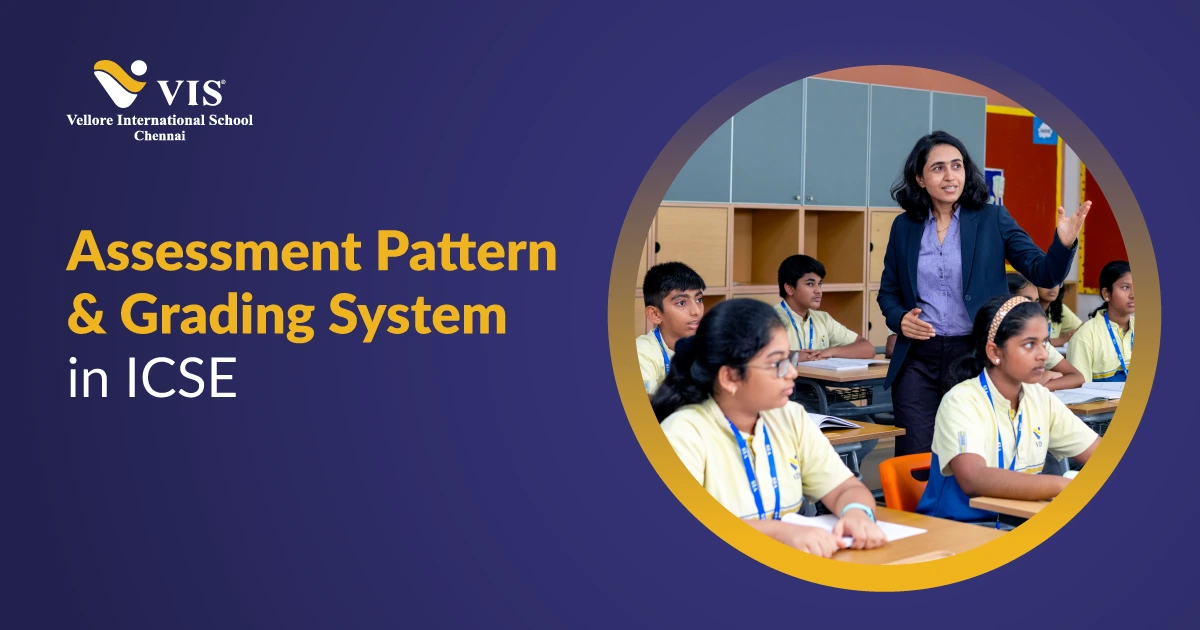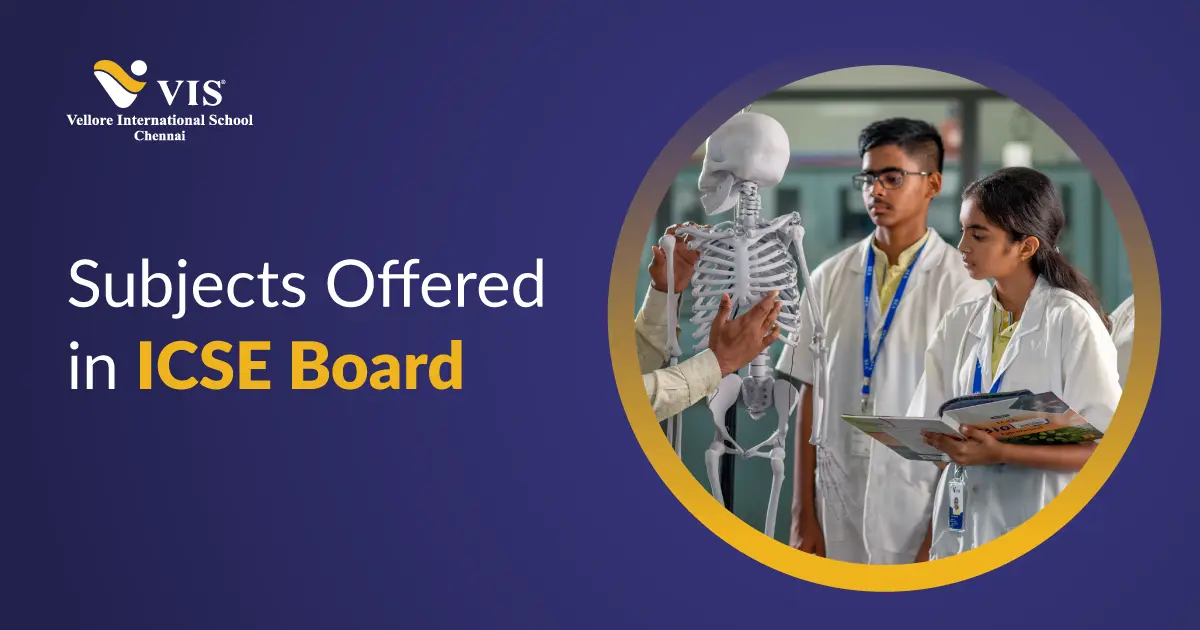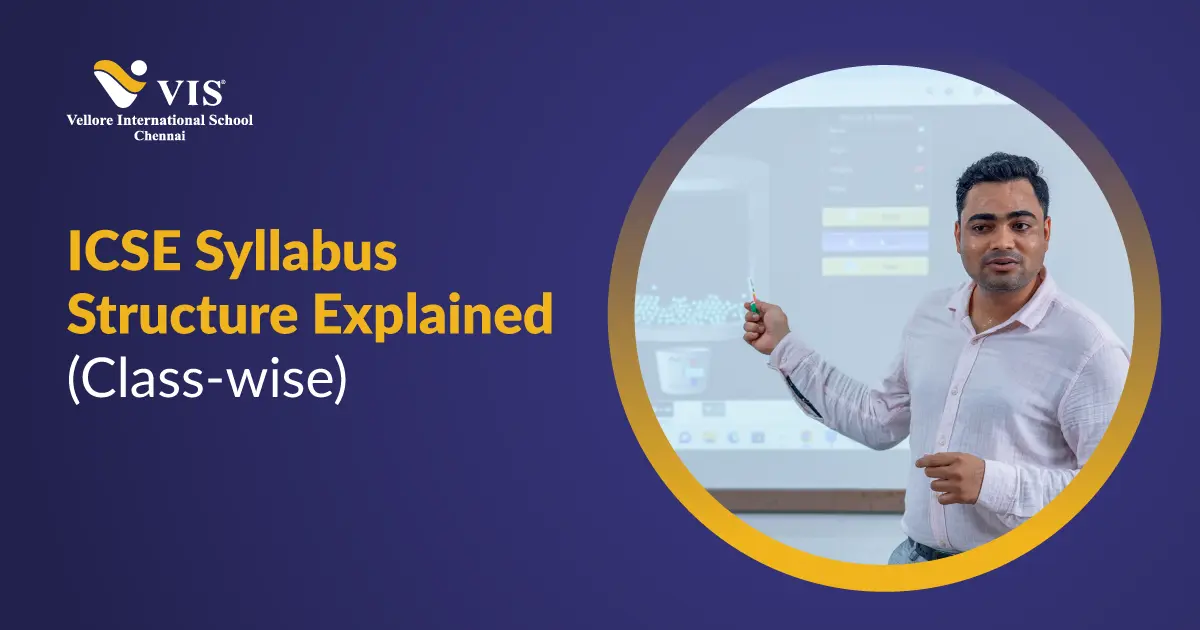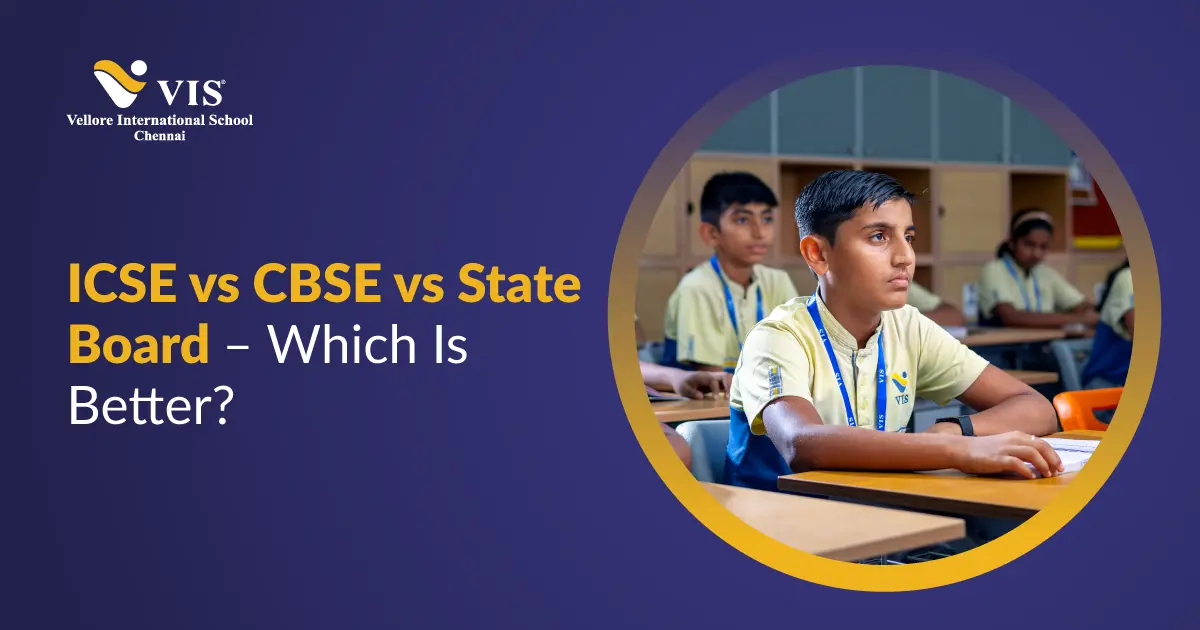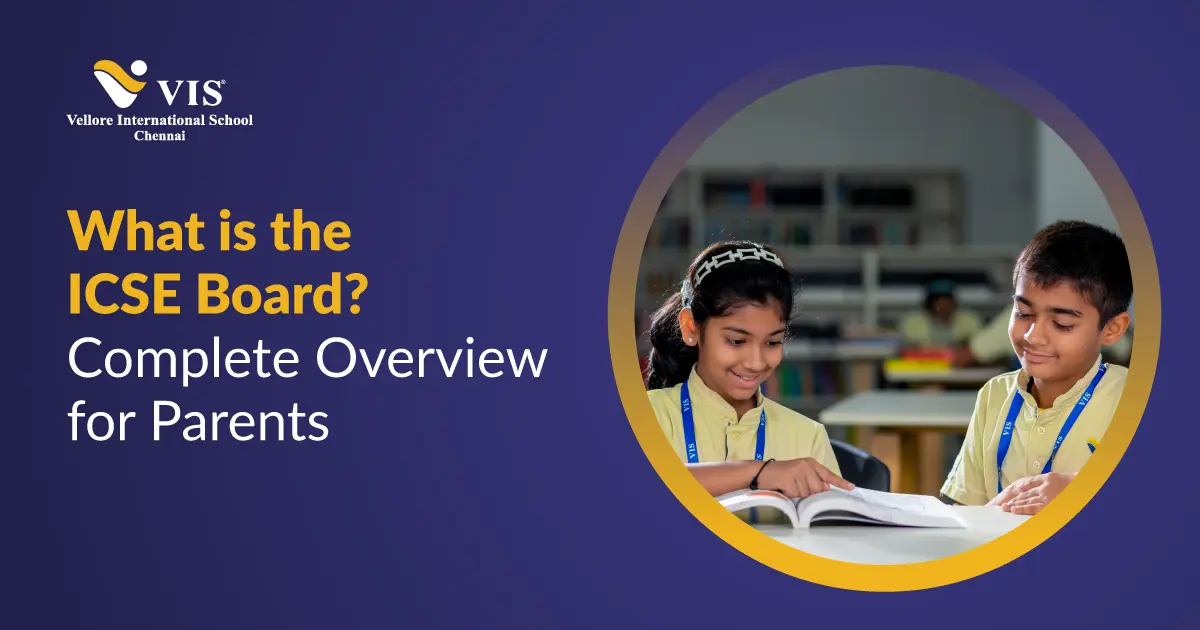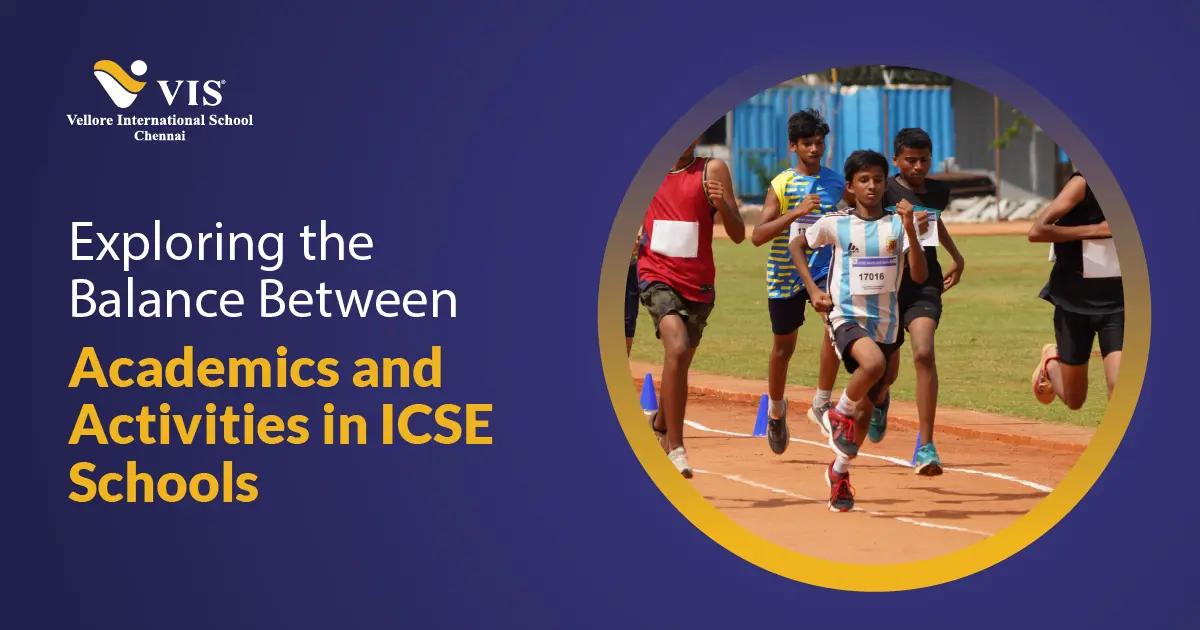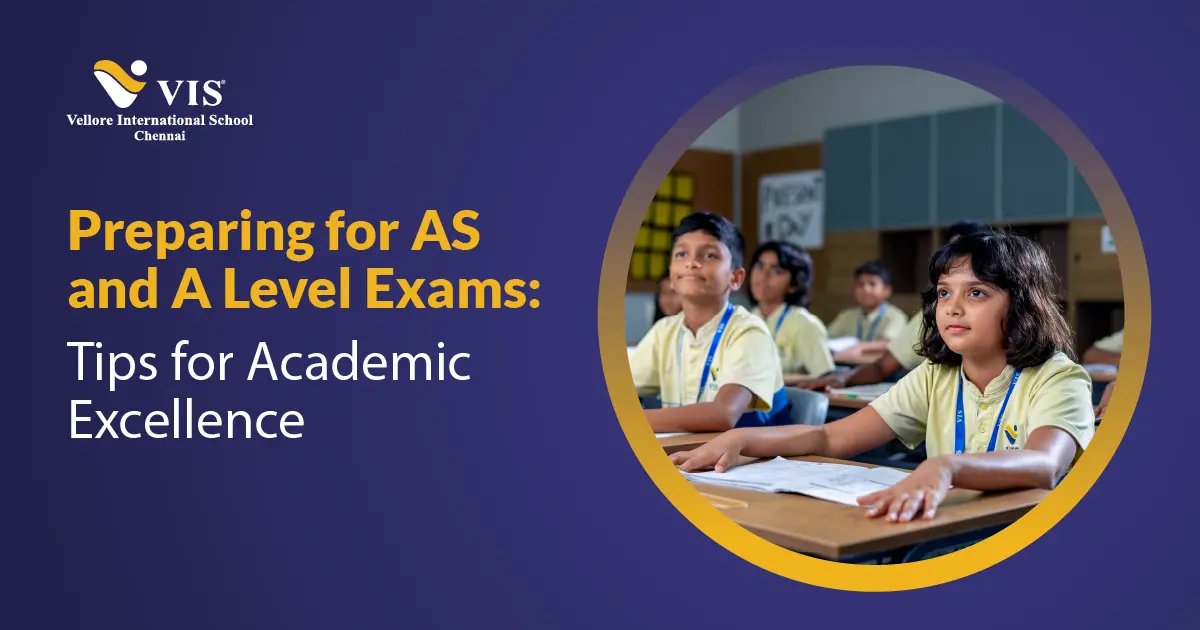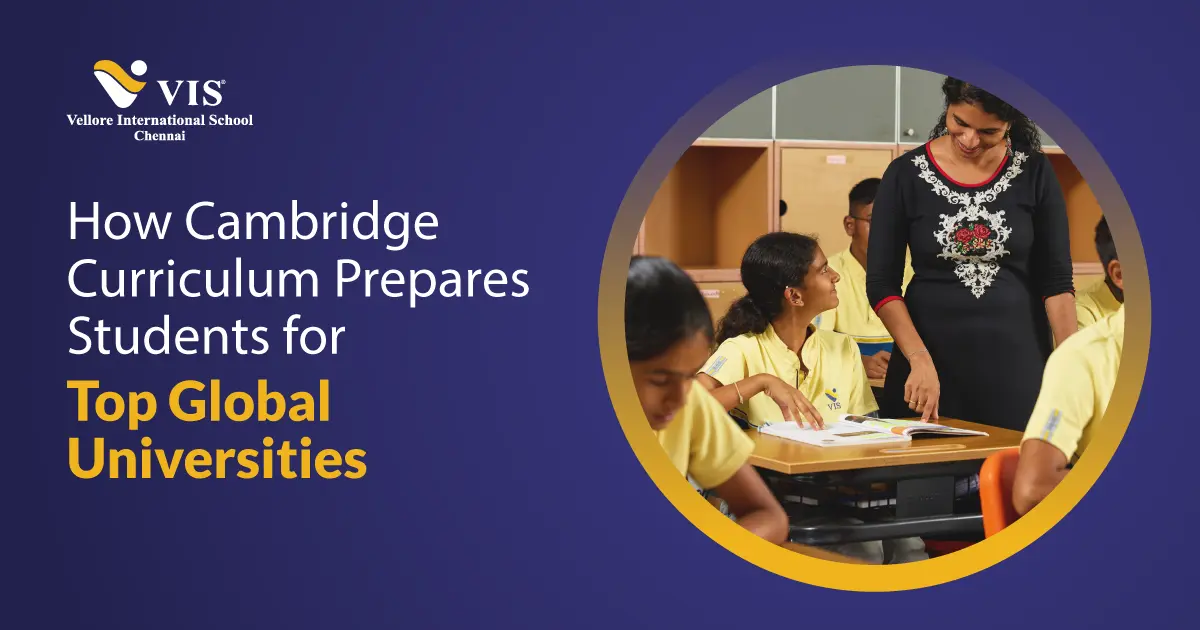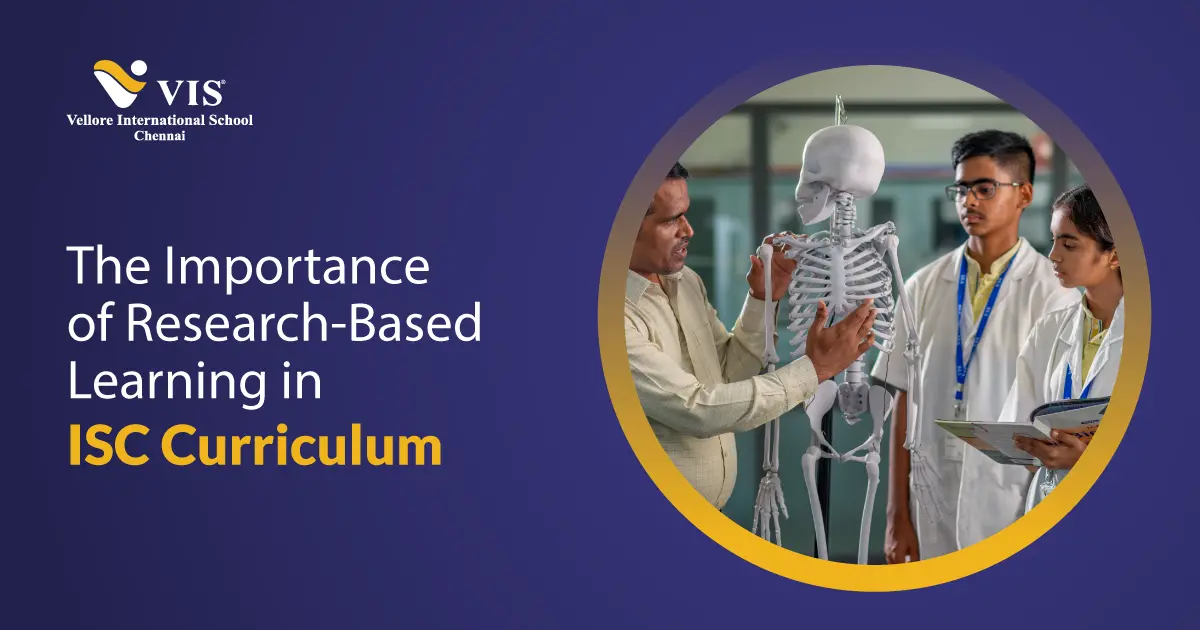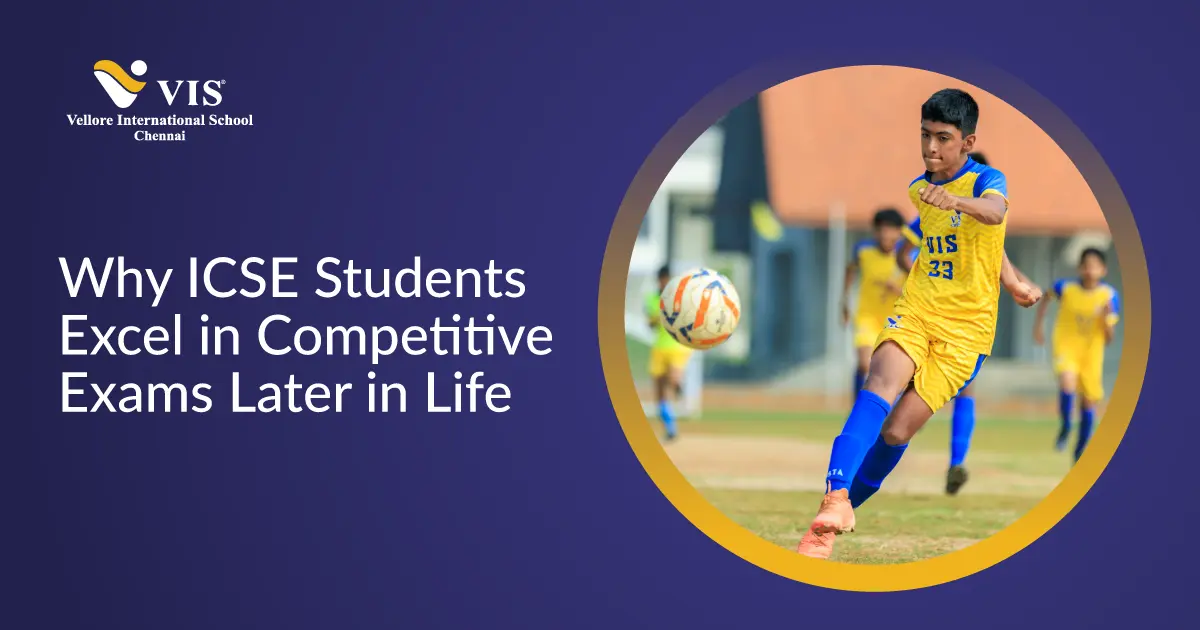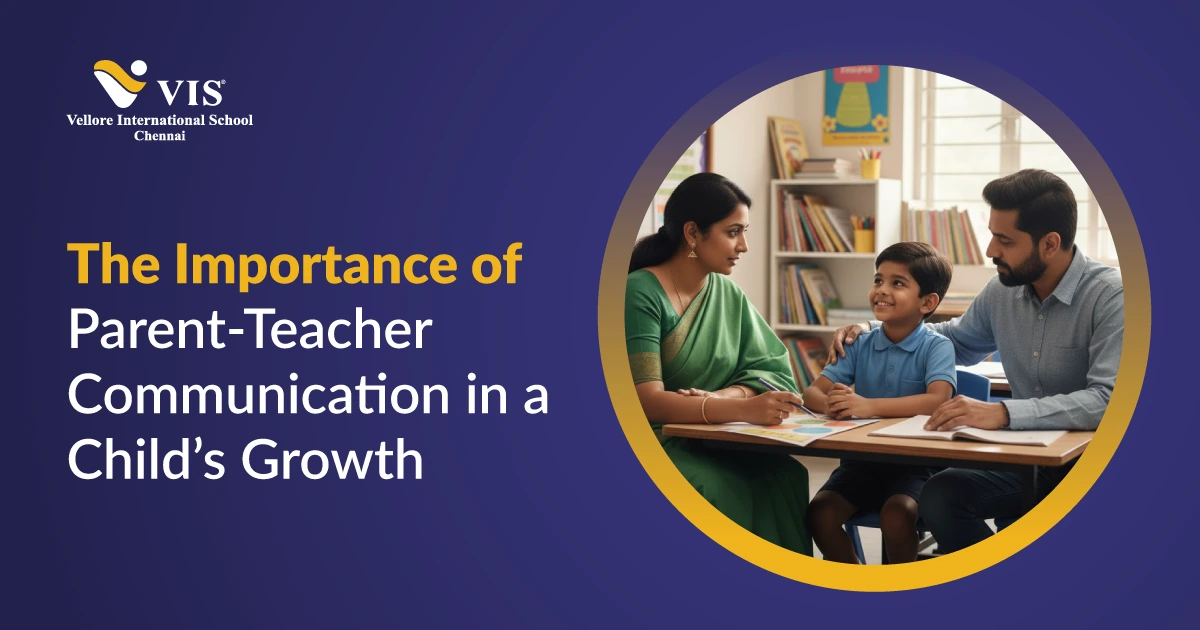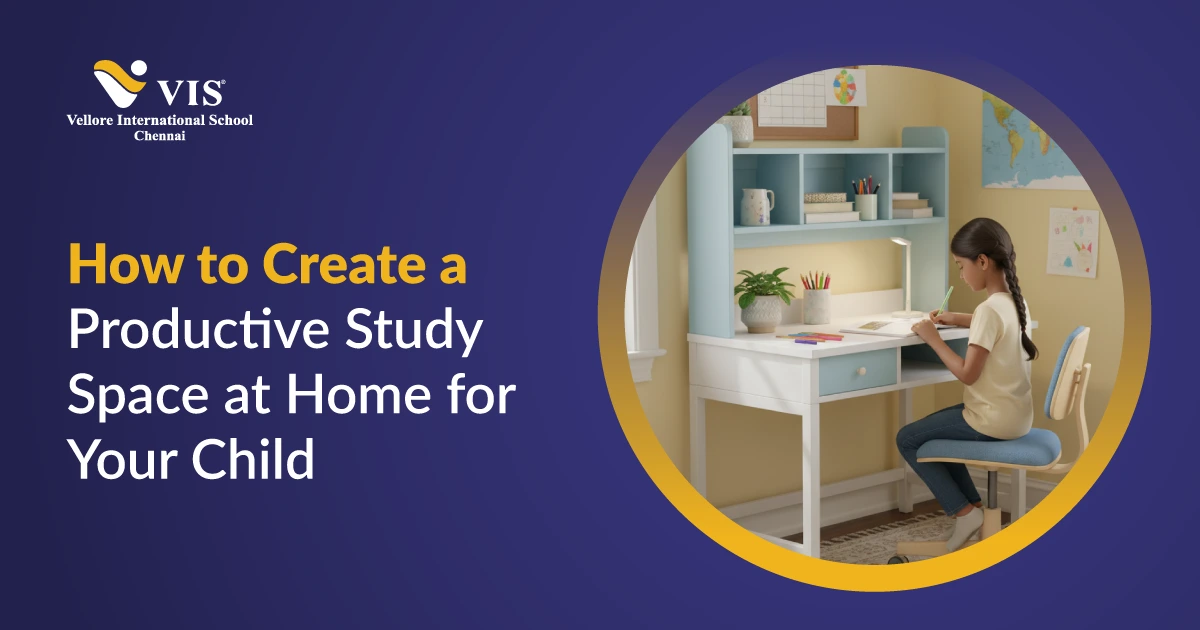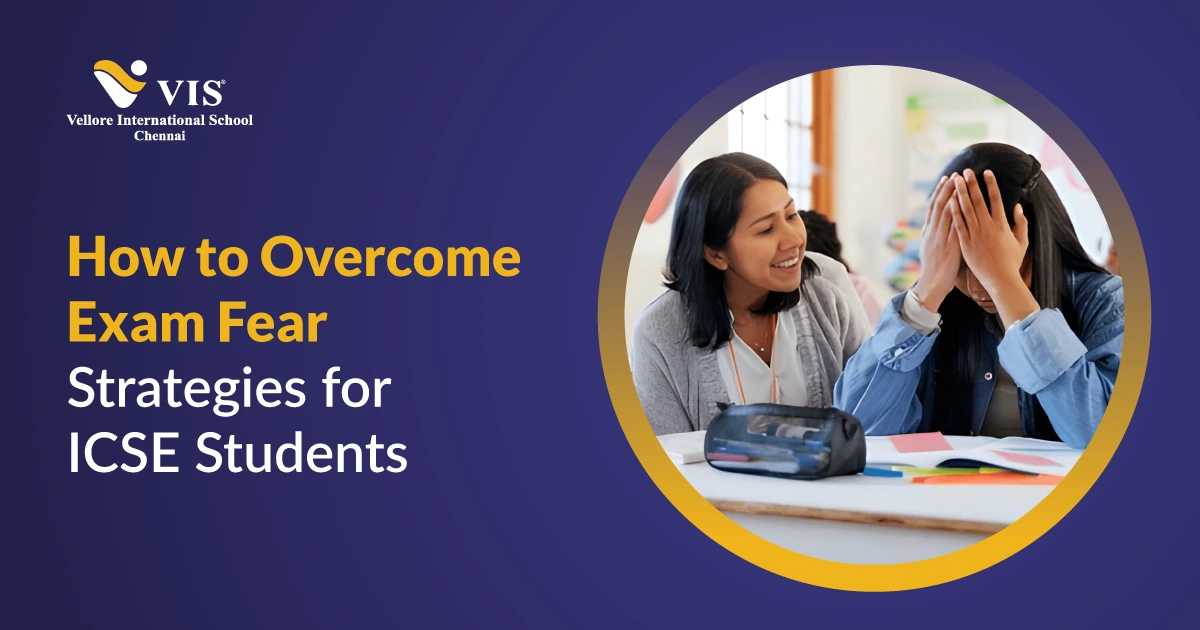Introduction
Eventually, students feel that the pressure to perform well is ever-increasing, and students must adopt effective study techniques that best suit their learning styles and curriculum requirements.
For ICSE students, mastering the art of effective studying is crucial not only for excelling in exams but also for developing a lifelong love for learning. Remember, we understand that every student is unique.
Here is the secret key to your board exam preparation. Make it useful. Follow these top 7 effective study techniques designed for ICSE students to enhance their learning experience and academic performance.
Also Check – 10 Benefits Of Studying In International School
Top 7 Effective Study Techniques: Best Practices
As students, we always follow some standard format of timetable or study pattern. In the present competitive era, make some effective plans and strategies to get good marks for your next exams. The upcoming strategies plan is the best of all formats.
1. Set Clear Goals
Importance of Goal Setting
Setting clear goals helps students stay focused and motivated. Start each study session by outlining what you must complete, whether finishing a chapter, completing assignments, or revising specific topics.
How to Set Goals
SMART Goals: Ensure your goals are Specific, Measurable, Achievable, Relevant, and Time-bound. For instance, instead of saying, “I will study maths,” a SMART goal would be “I will complete Chapter 5 and solve the exercise problems by 5 PM today.”
Visual Reminders: Use charts, sticky notes, or planners to track your goals and progress visually. This helps maintain focus and provides a sense of achievement as you meet each objective.
2. Organise Your Study Space
A Distraction-Free Environment
Organising a study space can significantly enhance concentration and productivity. A good environment helps ICSE students fully engage in their studies without distractions.
Tips for an Effective Study Space
Choose the Right Location: Find a quiet space in your home or library where you can concentrate.
Equip Your Study Area: Ensure you have all necessary supplies, such as textbooks, stationery, and a computer, at your fingertips, eliminating the need to get up during study sessions.
3. Use Active Learning Techniques
Engaging with the Material
Active learning techniques are proven to enhance retention and understanding. Instead of passively reading or highlighting texts, ICSE students should engage with the material in various ways.
Effective Active Learning Techniques
Summarisation: After reading a chapter, close the book and summarise what you learned in your own words. This helps reinforce understanding and improves memory recall.
| Did You Know? Emphasis on English Proficiency: The ICSE curriculum prioritises strong proficiency in English, which is essential for students as it functions as a medium of instruction throughout their academic journey. |
Quizzing Yourself: Create flashcards or practice quizzes to test your knowledge repeatedly. This self-assessment keeps you actively involved in the learning process.
Teach Others: Explaining concepts to classmates, friends, or family deepens your understanding and helps identify gaps in your knowledge.
4. Create Time Management Strategies
Managing Time Effectively
Time management is critical for balancing study sessions with other responsibilities. ICSE students should develop a realistic study schedule combining short breaks to avoid using mobile/ screen time.
Techniques for Effective Time Management
Pomodoro Technique: Work in focused sessions (e.g., 25 minutes) and a short break (5 minutes). This method boosts concentration and prevents fatigue.
Prioritisation: Identify the most critical tasks and tackle them first. Use tools like to-do lists or digital planners to organise study tasks based on urgency.
5. Establish a Study Routine
The Power of Consistency
A consistent study routine helps ICSE students develop discipline and reinforces study habits. Setting specific times for study sessions creates a sense of structure.
Creating an Effective Study Routine
Daily Study Schedule: Allocate particular subjects or tasks to specific days of the week to create a balanced approach to your studies.
Discipline and Flexibility: While routine is important, staying flexible is equally essential. Adjust your schedule if needed to accommodate unexpected events or more challenging topics.
6. Practice Past Papers and Sample Questions
The Importance of Practice
Familiarity with exam formats and types of questions can significantly impact performance. Practising past papers is one of the most effective study techniques for preparing ICSE students for exams.
How to Use Past Papers Effectively
Mock Exams: Set aside time to complete past papers under exam conditions. This helps improve time management during actual exams and builds confidence.
Review Answers: After completing practice papers, review your answers and identify areas for improvement. Understanding your mistakes is crucial for future success.
7. Seek Help When Needed
Importance of Seeking Support
Students must recognise when they need help. Whether it’s academic support, tutoring, or simply clarifying doubts, seeking assistance is a sign of strength, not weakness.
Also Check – 7 Importance Of Sports And Physical Activities In School
Ways to Seek Help
Teachers and Tutors: Don’t hesitate to ask your teachers questions or ask for additional help in challenging subjects. They can provide valuable insights and resources.
Study Groups: Join or form study groups with peers to collaboratively tackle complex topics and deepen your understanding through discussion.
VIS: Your Guide to Smarter, Stress-Free Learning

In the education field, every student of ours has strong stability and enthusiasm to achieve more success in this tech era. At Vista International School, we are dedicated to providing resources and support to help students excel in their studies while fostering an environment of academic excellence.
You can unlock your full academic potential by setting clear goals, organising your study space, engaging actively with materials, managing your time effectively, establishing a routine, practising regularly, and seeking help when needed.
Conclusion
Implementing effective study techniques can transform the academic experience of ICSE students, enhancing their performance and their love for learning. We believe utilising these effective techniques for your upcoming exams will ensure the best results in terms of scores. Remember to Be Smart to Smash the Obstacles. Be committed to your studies. Best wishes for your exams.
FAQs
1. What are effective study techniques for ICSE students?
Effective study techniques include setting clear goals, organising your study space, using active learning strategies, managing time effectively, establishing a study routine, practising past papers, and seeking help.
2. How can I create an adequate study space?
Choose a quiet location away from distractions, keep your study area tidy, and ensure you have all the necessary materials to enhance focus and productivity.
3. What is the Pomodoro Technique?
The Pomodoro Technique involves studying in focused intervals of 25 minutes followed by a 5-minute break, which helps maintain concentration and prevent tiredness.
4. Why should I practice past papers?
Practising past papers helps familiarise you with the exam format, improve your time management skills, and identify areas that require more focus before the exam.
5. What should I do if I’m struggling with a subject?
If you’re struggling, consider seeking help from teachers, joining study groups with peers, or hiring a tutor for additional support to clarify your understanding.

